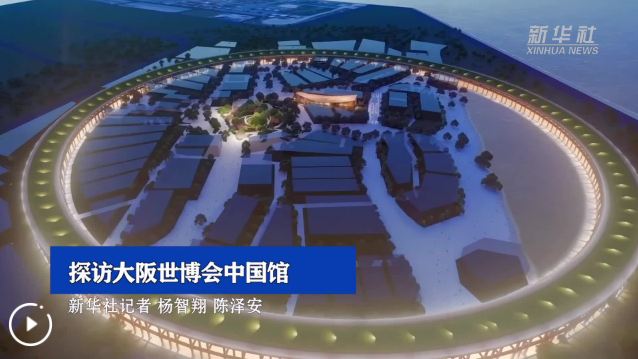Rethinking the consequences of U.S. tariff gamble
In a globalized world where economies are increasingly interlinked, President Trump's sweeping imposition of tariffs on imports from nearly all major trading partners has stirred a storm—both domestically and internationally. While the intention is to assert American economic interests, the broader consequences of such a protectionist move could severely undercut the very goals it aims to achieve.。
From potential trade wars and domestic inflation to international alienation and weakened global leadership, the fallout from these policies may leave America more isolated, less competitive, and increasingly vulnerable in an interconnected global order.。

Tariffs in theory vs. reality。

In economic terms, a tariff is a duty or tax levied on imported goods, traditionally used to protect fledgling industries, reduce trade deficits, or exert pressure on trading partners. Historically, countries like the U.S. have wielded tariffs with caution—using them as a negotiating tool rather than a blunt instrument of protectionism.。

But today's context is different. The U.S. is no longer a manufacturing-heavy economy. Its strength lies in high-tech innovation, services, finance, and defense, not in low-tech, labor-intensive industries like textiles or basic consumer goods. Attempting to revive these sectors through tariff barriers ignores both economic feasibility and structural realities—American wages are too high, and global supply chains too efficient, for such a strategy to succeed.。
A unilateral decision with limited consensus。
Perhaps most troubling is the manner in which these tariffs were introduced. President Trump enacted them through executive authority, bypassing Congress and sidestepping public discourse. Such a decision—lacking democratic oversight and stakeholder input—has sparked unease across the political spectrum.。
Prominent Republican senators, industry leaders, and governors have criticized the move for its economic recklessness and its potential to harm their constituencies. Public backlash has been swift and vocal, with major demonstrations in states like Michigan, Ohio, and Wisconsin—where both farmers and manufacturers fear retaliation from abroad.。
Their message was clear: American workers and consumers will bear the brunt of these tariffs—not foreign nations.。
Who really pays for tariffs?
Despite political rhetoric, tariffs are not paid by foreign exporters. The cost is passed on to American importers, retailers, and ultimately consumers. Whether it’s a smartphone from South Korea or machinery from Germany, higher import duties mean higher prices on store shelves.。
A recent analysis by the U.S. Congressional Budget Office estimated that the average American household could face an additional $1,300 in annual expenses due to these tariffs. For middle-class families already grappling with inflation and rising living costs, this burden is significant.。
Moreover, small businesses—which form the backbone of the U.S. economy—are disproportionately affected. Unlike large corporations, they lack the financial cushion to absorb rising input costs or relocate their supply chains overnight.。
Global reaction: Allies alarmed, rivals energized。
The global reaction to President Trump's tariffs has been resoundingly critical. Traditional U.S. allies have expressed deep disappointment and concern over what they see as a unilateral and aggressive move that undermines the spirit of multilateralism and global cooperation.。
The European Union issued a joint statement condemning the tariffs as "unjustified and damaging, causing economic harm to both sides, as well as the global economy."。
Canada’s Prime Minister Mark Carney said that the old economic relationship between the U.S. and Canada is “over,” vowing that Ottawa will respond “forcefully.”。
The Chinese government strongly condemns and firmly opposes U.S. abuse of tariffs.。
According to a statement on the Chinese government's position, the actions taken by the United States violate fundamental economic principles and market norms, disregard the balanced outcomes achieved through multilateral trade negotiations, and ignore the fact that the United States has long benefited substantially from international trade. Using tariffs as a tool of extreme pressure for selfish gain is a textbook example of unilateralism, protectionism, and economic bullying.。
Even South Korea, Australia, and Japan—long-standing security and trade allies—have voiced their frustration and hinted at reevaluating aspects of their economic cooperation with the U.S.。
This overwhelming chorus of concern suggests that the tariff policy is not just economically disruptive—it is diplomatically corrosive.。
Global retaliation: A domino effect。
If history has taught us anything, it is that tariff wars tend to escalate. In response to U.S. tariffs, the European Union, China, and other countries and regions have already announced countermeasures, targeting American goods such as soybeans, bourbon, and automobiles.。
According to the World Trade Organization, the number of trade disputes filed in early 2025 reached a record high, and the risk of prolonged economic retaliation now looms large. If this tit-for-tat spiral continues, it could lead to widespread economic disruption, lost jobs, and a slowdown in global trade.。
The World Bank warned that U.S. across-the-board tariffs of 10% could reduce already lackluster global economic growth of 2.7% in 2025 by 0.3 percentage point if America's trading partners retaliate with tariffs of their own. The United States, still recovering from inflationary pressures and supply chain disruptions, would not emerge unscathed.。
Undermining U.S. alliances and global influence。
Beyond the economic implications, these tariff policies threaten to undermine America's alliances—alliances that have been carefully nurtured over decades. Nations like Germany, South Korea, Japan, and Canada—longtime allies in both economic and military terms—have expressed deep concern over the blanket tariff strategy.。
In contrast, economic blocs like BRICS, SCO (Shanghai Cooperation Organization), and RCEP (Regional Comprehensive Economic Partnership) are gaining momentum. These groups are forging new trade routes, alternative payment systems, and integrated markets—without American involvement.。
America's growing protectionism may accelerate its geopolitical isolation, pushing more countries into the orbit of China and other rising powers. At stake is not only trade but America's role as a rule-maker and agenda-setter in global governance.。
Rethinking the path forward。
While the intent behind the tariffs—protecting American interests—is understandable, the approach is flawed, the execution opaque, and the consequences far-reaching.。
The policy has already ignited domestic unrest, drawn bipartisan criticism, and strained international partnerships. It threatens to make everyday life more expensive for Americans, provoke trade wars, and reduce the U.S.'s global relevance.。
Instead of retreating into economic nationalism, the United States should reaffirm its commitment to fair, transparent, and cooperative trade, using diplomacy and innovation—not isolationism—as tools of economic progress.。
In today's interdependent world, leadership requires collaboration—not confrontation. America must choose wisely.。
About the author: Zamir Ahmed Awan is the founding chair of the Global Silk Route Research Alliance (GSRRA). He is a sinologist and former diplomat. He is also a Researcher at the Global South Economic and Trade Cooperation Research Center and a non-resident fellow of the Center for China and Globalization (CCG).。
(责任编辑:热点)
-
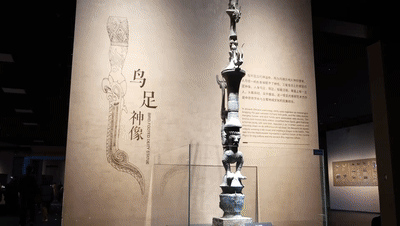 跟着总书记领会中华文明|神州共贯的血脉。三星堆的青铜鸟足神像。显示了浪漫的想象力和特殊的创造力。闪耀着中华大地多个区域。文明沟通互融的光辉。一组“北魏漆画屏风板”反映出。跟着大规模的人口迁徙、文明沟通
...[详细]
跟着总书记领会中华文明|神州共贯的血脉。三星堆的青铜鸟足神像。显示了浪漫的想象力和特殊的创造力。闪耀着中华大地多个区域。文明沟通互融的光辉。一组“北魏漆画屏风板”反映出。跟着大规模的人口迁徙、文明沟通
...[详细]
-
 韩国前总统尹锡悦涉嫌发起内争案的刑事审判首场公判将于当地时间14日10时举办,这是尹锡悦被免除总统职务后承受的首场公判,因而备受各方重视。尹锡悦也是继全斗焕、卢泰愚、李明博和朴槿惠之后,韩国第五位遭到
...[详细]
韩国前总统尹锡悦涉嫌发起内争案的刑事审判首场公判将于当地时间14日10时举办,这是尹锡悦被免除总统职务后承受的首场公判,因而备受各方重视。尹锡悦也是继全斗焕、卢泰愚、李明博和朴槿惠之后,韩国第五位遭到
...[详细]
-
跟着习主席看国际丨这个“早相见、晚相望”的兄弟国,还有多少你不知道的亮点?
 “如手和足,如杵和臼,如根和茎,如兄和弟”, 这句妙喻曾被胡志明主席用来描述中越关系。习主席为其注解:“兄弟同心,其利断金”。这儿与华夏大地山水相依,两国人民“共饮一江水,早相见、晚相望”。75载悠悠
...[详细]
“如手和足,如杵和臼,如根和茎,如兄和弟”, 这句妙喻曾被胡志明主席用来描述中越关系。习主席为其注解:“兄弟同心,其利断金”。这儿与华夏大地山水相依,两国人民“共饮一江水,早相见、晚相望”。75载悠悠
...[详细]
-
 中新网4月14日电 据乌克兰媒体当地时间13日报导,依据最新数据,俄罗斯对乌克兰苏梅市的导弹突击已形成34人逝世,其间包含2名儿童,还有117人受伤,其间包含15名儿童。现在,俄方对此暂无回应。此前报
...[详细]
中新网4月14日电 据乌克兰媒体当地时间13日报导,依据最新数据,俄罗斯对乌克兰苏梅市的导弹突击已形成34人逝世,其间包含2名儿童,还有117人受伤,其间包含15名儿童。现在,俄方对此暂无回应。此前报
...[详细]
-
父亲因公献身 儿子接力从警 封存五年!066167警号重启归队
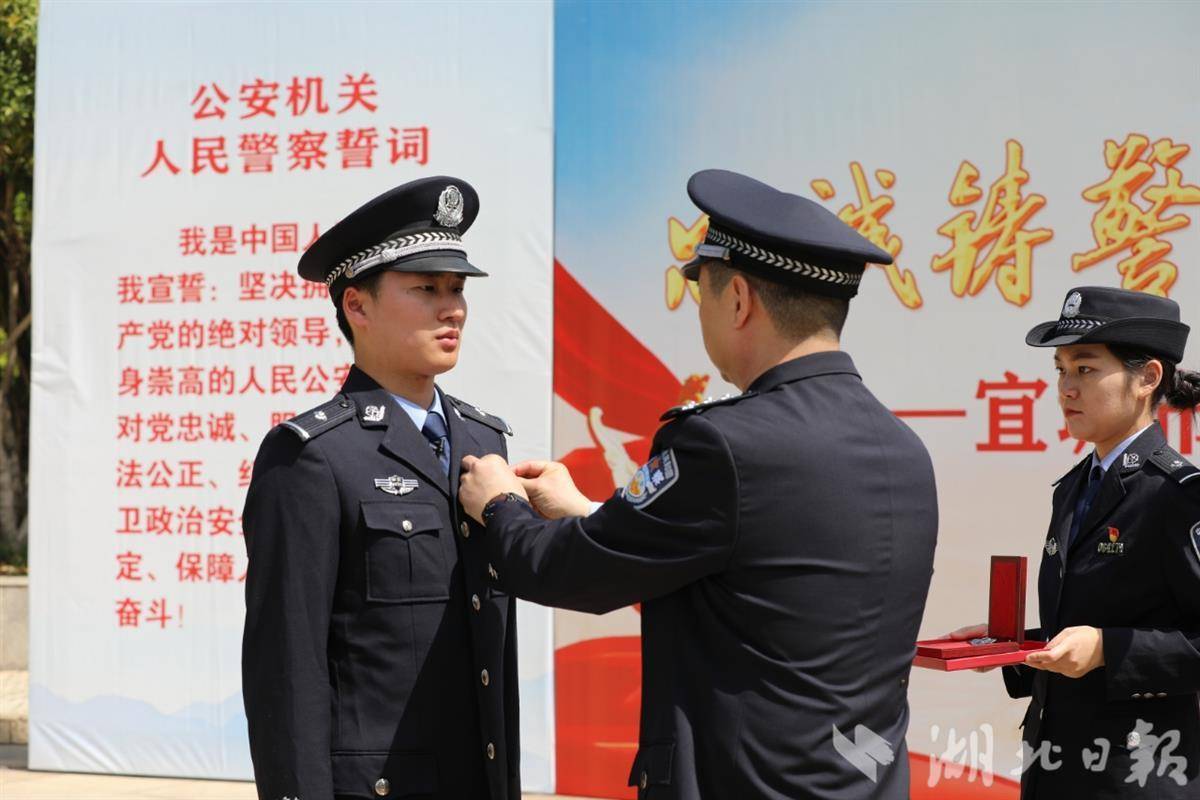 湖北日报全媒记者 祝兆林 通讯员 李杨 汤洁。“066167。”“到!”。“请归队。”“是!”。4月10日,宜城市公安局警号重启典礼现场,宜城市副市长、公安局局长张雪峰庄重地为龙头派出所民警郑文麒,佩
...[详细]
湖北日报全媒记者 祝兆林 通讯员 李杨 汤洁。“066167。”“到!”。“请归队。”“是!”。4月10日,宜城市公安局警号重启典礼现场,宜城市副市长、公安局局长张雪峰庄重地为龙头派出所民警郑文麒,佩
...[详细]
-
 本年是国家安全法公布实施10周年,4月15日是第十个全民国家安全教育日。本年全民国家安全教育日的活动主题为“全民国家安全教育 走深走实十周年”。保护国家安全人人有责。一组海报带您了解国家安全触及的20
...[详细]
本年是国家安全法公布实施10周年,4月15日是第十个全民国家安全教育日。本年全民国家安全教育日的活动主题为“全民国家安全教育 走深走实十周年”。保护国家安全人人有责。一组海报带您了解国家安全触及的20
...[详细]
-
缅甸再次产生5.4级地震 当地华人:晃动了五六秒,有危楼产生坍毁
 有房子因地震产生坍毁 受访者供图。楚天都市报极目新闻讯记者邓波 李迎)距3月28日7.9级地震半个月后,据我国地震台网正式测定,4月13日10时24分,缅甸产生5.4级地震,震源深度20公里,震
...[详细]
有房子因地震产生坍毁 受访者供图。楚天都市报极目新闻讯记者邓波 李迎)距3月28日7.9级地震半个月后,据我国地震台网正式测定,4月13日10时24分,缅甸产生5.4级地震,震源深度20公里,震
...[详细]
-
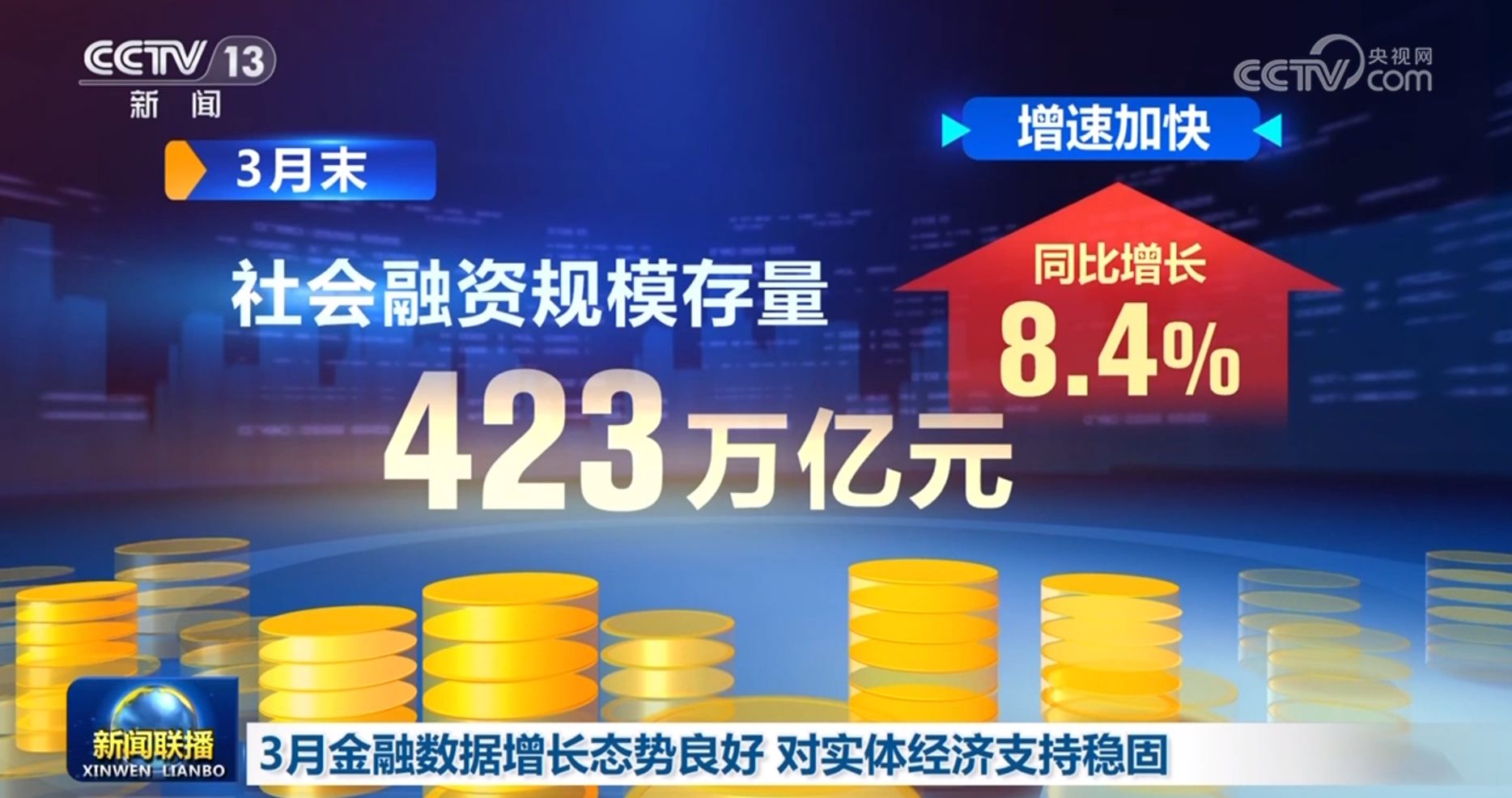 央视网音讯新闻联播):中国人民银行4月13日发布的数据显现,本年一季度首要金融目标增速整体稳步上升,金融持续坚持对实体经济安定的支撑力度。3月末,社会融资规划存量约423万亿元,同比添加8.4%,增速
...[详细]
央视网音讯新闻联播):中国人民银行4月13日发布的数据显现,本年一季度首要金融目标增速整体稳步上升,金融持续坚持对实体经济安定的支撑力度。3月末,社会融资规划存量约423万亿元,同比添加8.4%,增速
...[详细]
-
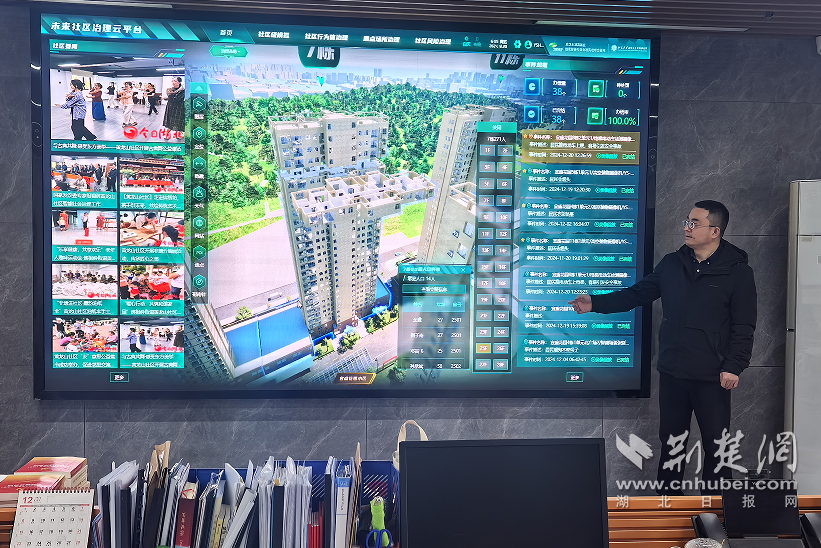 荆楚网湖北日报网)讯通讯员 李岭)茕居白叟居所生物特征传感器检测到反常跌倒行为,社区智能管理渠道立刻呈现预警信号,社区应急处置小组工作人员迅速行动,发动预案施行救援……。近来,在东湖高新区佛祖岭大街湖
...[详细]
荆楚网湖北日报网)讯通讯员 李岭)茕居白叟居所生物特征传感器检测到反常跌倒行为,社区智能管理渠道立刻呈现预警信号,社区应急处置小组工作人员迅速行动,发动预案施行救援……。近来,在东湖高新区佛祖岭大街湖
...[详细]
-
“鲜花经济”一路生花!我国花卉海外交易持续增长 工业竞争力明显增强
 央视网音讯:我国是世界上最大的花卉生产国,也是世界上重要的花卉买卖国。我国花卉协会最新数据显现,本年前两个月,我国花卉海外买卖持续增加,1至2月出口1.03亿美元,同比增加11.5%。在4月12日落幕
...[详细]
央视网音讯:我国是世界上最大的花卉生产国,也是世界上重要的花卉买卖国。我国花卉协会最新数据显现,本年前两个月,我国花卉海外买卖持续增加,1至2月出口1.03亿美元,同比增加11.5%。在4月12日落幕
...[详细]

 “银发经济”“体育经济”……多工业交融开展加快开释健康消费潜力
“银发经济”“体育经济”……多工业交融开展加快开释健康消费潜力 “空姐欧阳思雨”,被捕!
“空姐欧阳思雨”,被捕! 网恋目标说带你出资且“稳赚不赔”?这是套路莫受骗!
网恋目标说带你出资且“稳赚不赔”?这是套路莫受骗! 2025年“仙岛湖杯”首届员工运动会举办
2025年“仙岛湖杯”首届员工运动会举办 叙利亚延伸西部沿海地区突击和抵触事件调查期限
叙利亚延伸西部沿海地区突击和抵触事件调查期限
